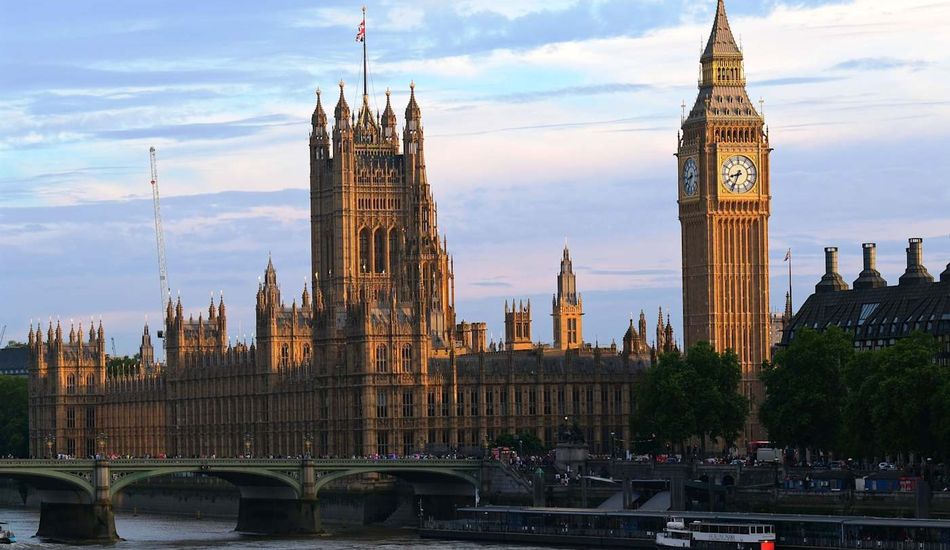
UK Online Safety Act: VPN Use Surges, But Free Services Pose Risks
Since the UK's Online Safety Act came into play, things have gotten interesting online. This law aims to protect kids from harmful content, which led sites like Pornhub, X, and Reddit to implement age verification. Now, you'd think this is straightforward, right? But it's created a ripple effect, especially among younger users.
When websites put up barriers, clever users find ways around them. I mean, wouldn't you? What's happening is that many underage users are turning to free VPNs to bypass these restrictions. They're essentially masking their location to access sites they can't normally reach. In fact, soon after the law was enforced, VPN apps skyrocketed in popularity in the UK. Which, to me, shows the ingenuity of people when faced with limitations.
However, before you rush off to download just any free VPN, let's talk safety. While some are legit and reliable, many others are... well, let's just say they aren't looking out for you. It's crucial to consider what you're really getting with a free service. Think of it like this: if you're not paying for the product, you might BE the product.
Free VPNs that aren't supported by paid subscriptions often need to make money somehow. This might involve selling your data, bombarding you with ads, or even worse, exposing you to malware. A study a few years back found that a significant percentage of free VPN apps contained malware. That's a scary thought!
What to look for in a safe VPN
So, how do you stay safe? Look for VPNs with clear pricing structures, audits from independent firms, a specific physical location on their website, and a thorough privacy policy. Trustworthy free VPNs do exist, like Proton VPN, hide.me, TunnelBear, and Windscribe. If a VPN is vague about its practices, it's best to stay away. After all, protecting your privacy is what you wanted to do in the first place when using a VPN, so don't defeat the purpose!
In conclusion, using a VPN to bypass restrictions isn't inherently bad, but it's vital to choose wisely. Do your research, and don't compromise your security for the sake of a free service that might end up costing you more in the long run. You need to remember that your online security and privacy are too important to risk with unvetted services.
Source: Engadget